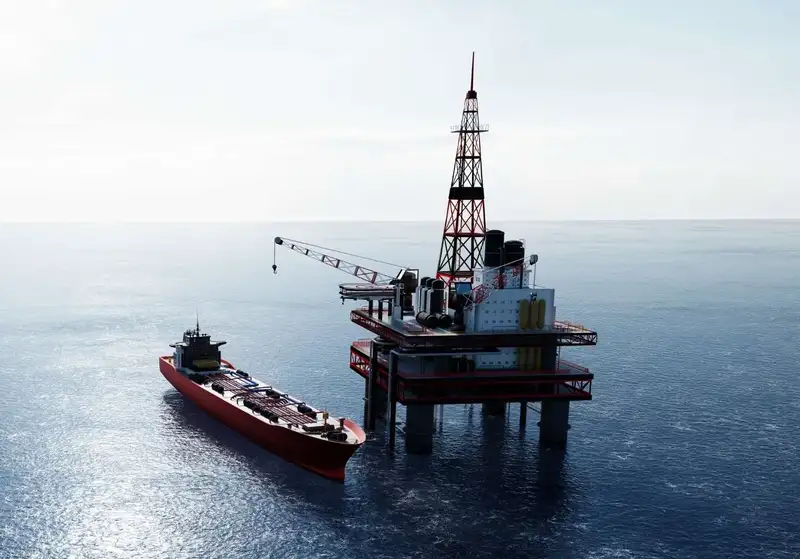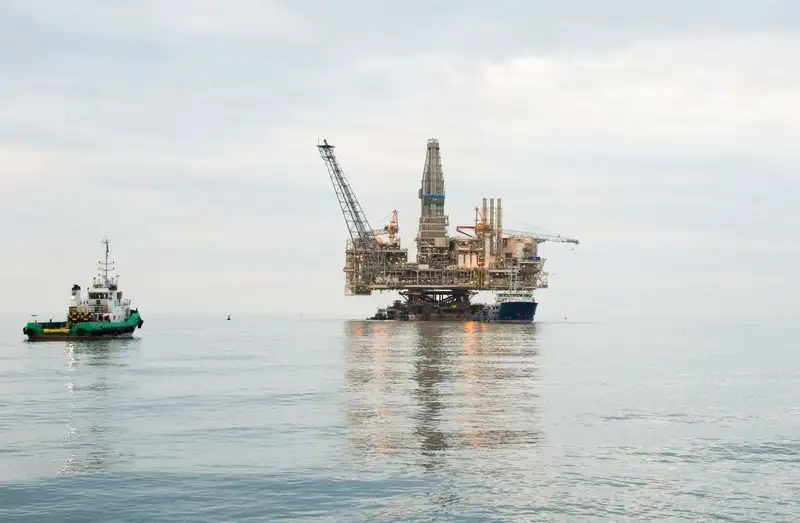Mining under the sea is a new technology that can extract minerals. It is also known as deep-sea mining or marine mining.
It has been difficult for humans to mine in these areas because of the ocean floor’s high-pressure levels and lack of oxygen. However, this new technology has changed everything by using robots to mine and process minerals while they are still on the ocean floor.
The automation process allows for more efficient use of resources and less environmental impact than traditional methods, which are often very harmful to aquatic life such as coral reefs and fish populations.
What are some examples of mining under the sea?
This section discusses some examples of mining under the sea.
Mining is extracting valuable minerals or other materials from the ground. It is typically done to obtain valuable materials that cannot be obtained by other means. The goal is to extract useful resources such as gold, coal, copper, iron ore, diamonds, silver, and oil. Mining operations are usually large-scale and resource intensive.
Some examples of mining under the sea include:
* Deep sea mining: This type of mining is done on the ocean floor at depths greater than about 1000 meters below sea level
* Diamond mining: This type of mining involves digging into the earth’s surface to find deposits of diamonds
* Oil exploration: This type of mining involves drilling for oil at depths between 4500
What are the benefits of mining under the sea?

Mining is an essential part of our society. It is a very lucrative business that provides jobs for many people, and it is also responsible for providing us with metals like gold, silver, copper, zinc, iron, and more.
Mining under the sea has many benefits to offer. One of the most significant benefits is that it can cut mining costs by up to 90%. This makes mining under the sea a very lucrative business.
What is the disadvantage of mining under the sea?
Mining under the sea is a major cause of damage to marine ecosystems. It has been shown that mining in the ocean has led to a decline in fish stocks and an increase in toxic chemical pollution.
The most significant disadvantage is that it is difficult for humans to monitor and regulate these activities. The lack of regulations also means we cannot be sure what exactly we are mining from deep down under.
Mining under the sea can have many disadvantages, but the most significant one is that it can lead to the destruction of marine ecosystems and cause harm to human health.
15 Best Mining Engineering Schools in The World
How does mining under the sea compare to land-based mining?
Mining is a process of extracting valuable minerals from the earth. As the world population grows and technology advances, the demand for minerals also increases.
The process of extracting minerals from the earth is called mining. There are two types of mining – land-based and under-sea mining. Land-based mines are dangerous because they require people to dig into the earth in search of minerals and thus expose themselves to health risks and other dangers.
Under-sea mines have fewer dangers since they don’t need people to dig into the earth. However, they have problems, such as environmental pollution, lack of regulation, underwater noise pollution, etc.
How does mining under the sea compare to deep space mining?
The difference between the two is mainly in how many resources they provide. Earth’s natural resources are finite and dwindling, while the solar system is abundant.
Mining materials from deep space is a big challenge because many factors, including distance, radiation, and other factors, make it difficult to get to the materials. However, mining under the sea can be easier because no such factors make it difficult to extract valuable minerals from water.
Deep space mining is more challenging than undersea mining because of many factors, including distance, radiation, and other factors that make it difficult to get to the materials.
How safe is it to mine under the sea?
Mining under the sea has been a controversial topic since the 21st century. Some countries have banned mining in their waters, and others are still debating on whether they should allow it or not.
The main argument against mining under the sea is that it is too dangerous to be worth it. The risks of an accident are too high, and there is concern over how much damage would be done to marine life in the mining area.
Some people believe that if we can develop technologies to make mining safer, then we should do so and reap all the benefits of extracting minerals from water.



